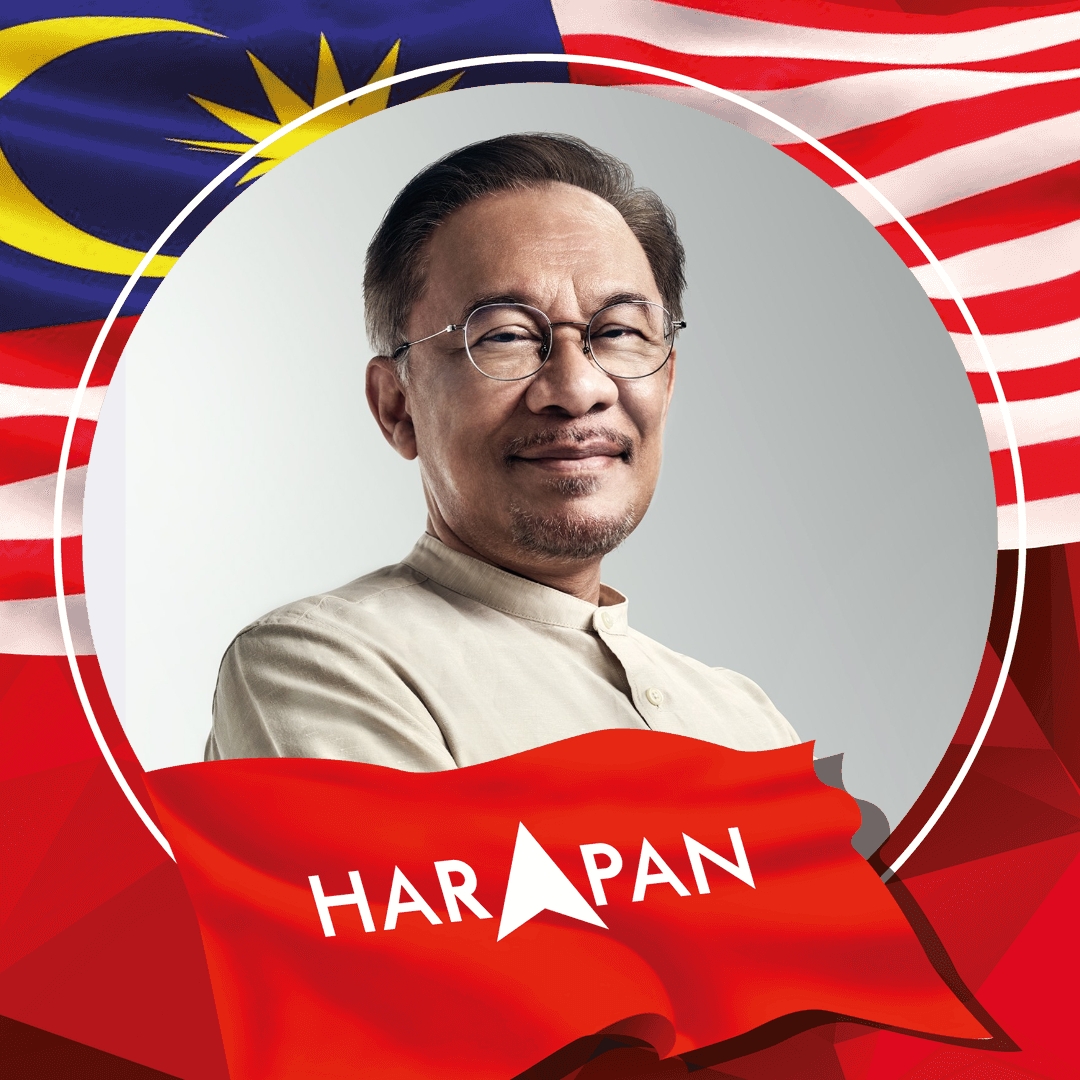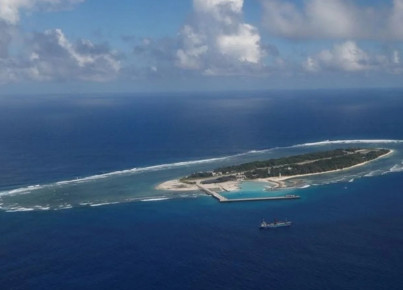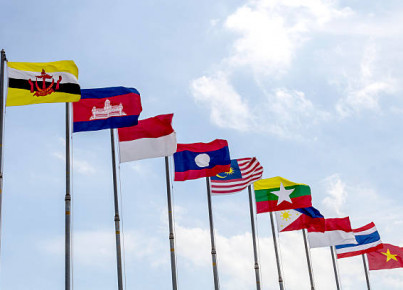After a five-day deadlock, the Council of Sultans has chosen Malaysia's new prime minister. An overview of the most complex election ever held in the country
Malaysia has a new premier. It took five days, hours of consultations and the intervention of the sultan before the results of the 15th general election were (for now) crystallised. On Thursday 24 November, the current monarch Sultan Abdullah Sultan Ahmad Shah convened a special meeting with his counterparts from the nine Malaysian states (an overview of the sultans' rotation system here) and made the final decision. Normally, the Yang di-Pertuan Agong plays a representative role, but can intervene in situations of emergency or uncertainty, as happened in recent days.
Malaysia's Prime Minister is now Anwar Ibrahim, leader of Pakatan Harapan (PH), the coalition that had triumphed in the 2018 elections only to be scuttled by the factional changes of some key leaders. Now 75, he was a member of Malaysia's historically ruling party, the United Malays National Organisation (UMNO). In 1997, with the arrival of the worst financial crisis in Asia's history, he clashed with the party leadership over his reformist views, initiating a new generation of democracy activists with the Reformasi movement. Expelled from the party and imprisoned in 1998 for sodomy and corruption (charges common to many political imprisonments in Malaysia), he returned to the political scene in 2004, after the resignation of the historic UMNO premier Mahathir Mohamad. With his entry into the PH leadership, Anwar has the merit, observers claim, of having created Malaysia's first truly multi-ethnic coalition, capable of both gaining the support of the Malaysian Muslim majority and that of the country's main minorities (Sinhalese and Indians).
The election results
The 19 November elections had ended without a clear majority, although the balance of votes hung in favour of Pakatan Harapan (PH). At the count, the PH had gained 82 out of 222 seats in the lower house, compared to 73 for the Perikatan Nasional (PN) and 30 for the Barisan Nasional (BN). But to gain confidence, PH needed to win the support of at least 112 MPs, an attempt also made by the BN and PN. Five days before the vote, it was still unclear who would lead the country for the coming years. Right from the start, part of the Malaysian public was against BN and PN's obstructionism: 'It is absurd that the party that won the most seats is somehow defeated. Malaysians have voted, Anwar must become premier'.
The 2022 elections have shown how much the political scenario is changing: before 2018, government crises of this magnitude had never happened, nor had so much friction emerged between the key players in Malaysian politics. The results of the 15th general election, however, confirmed the slow decline of the ethnonationalist United Malays National Organisation (UMNO) faction. Once the party of the Malaysian government for almost sixty years, it has now moved to the other side of the political contest after its worst election defeat ever.
In the meeting scheduled before the meeting with the sultan on Tuesday, 22 November, former UMNO interim premier Ismail Sabri Yaakob (who took over the leadership of the government after the 2020 reshuffle) had then confirmed that he would remain in opposition. Later, UMNO itself said it was in favour of trust as long as the PN leader, Muhyiddin Yassin, was not elected premier.
Winners and losers
The real winner of these elections, observers claim, would be the PN coalition. Formed after the 2020 crisis, the group was able to take home a larger percentage of votes than expected with its strong Muslim and Malay identity connotations. Also winning the souls of its voters, analysts point out, was the search for a third way to the conflict between PH and BN.
This choice has not convinced everyone: there are those who accuse the PN of having thus favoured the rise of the Malaysian Islamic Party (44 seats), a party emblematic of that wing of Malaysian politics in favour of the total implementation of Sharia law. So much so that one citizen vented on Twitter: 'Now it's obvious. Malaysians are racists and religious fanatics. Welcome back to the past. Sayonara to our future."
Time for change?
No significant surge in the youth vote, as anticipated by some analysts. With the lowering of the right to vote to 18 years of age, the electorate took in 1.4 million new voters, and this may have affected the sinking of some historical leaders and UMNO itself. Among the big losers in these elections was the man who led the Malaysian government for almost two decades, the 97-year-old Mahatir Mohamad. His coalition, the Gerakan Tanah Air (GTA), failed to reach 20% of the vote, and the former premier lost the chance to win a seat in Langkawi, in the north of the country: the first time this has happened to him since 1969. The reaction of the markets was consistent with the uncertainty in the hours after the polls closed: on Monday the ringgit fell 0.8% against the dollar and stocks on the stock exchange demonstrated investors' low expectations of the stability of Malaysia's political class.
The impasse did not keep irony on the internet at bay. Memes circulated on social media with a job advertisement titled: 'Position open for the role of Malaysia's tenth prime minister'. Other users spoke of the embarrassment of feeling one's fate in the hands of the political class: 'It feels like we are all in divorce court, waiting for someone to decide who should take custody of us'. Social media were, however, also a cause for concern. Widely used platforms such as TikTok were alerted by the Malaysian authorities for fear that content inciting violence, or fake news, would depopulate.






